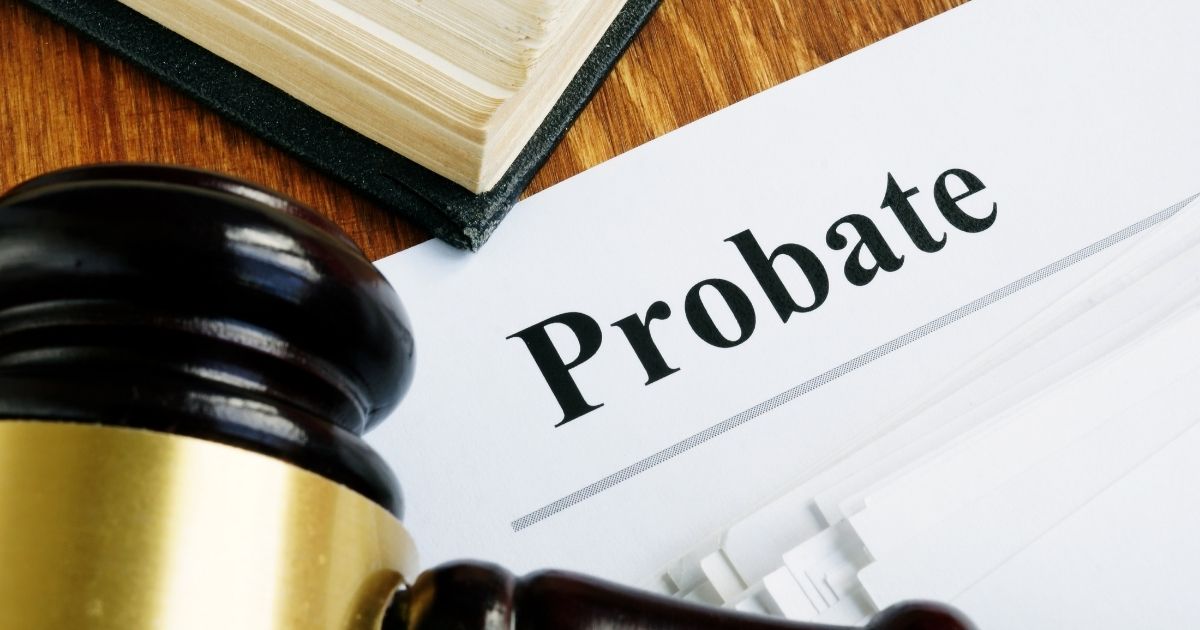When Is a Will Probated?

A will can be a terrific legal tool for ensuring your estate’s assets smoothly transfer to your chosen beneficiaries upon your passing. A will that is witnessed, names an estate executor, and is filed lawfully helps to protect your assets while ensuring a financial legacy for your surviving beneficiaries.
A well-designed and lawful will typically expedites the divestment of your assets, but not always. There are many situations that might cause your estate to undergo a lengthy probate process.
The Will Might Not Be Valid
A probate court requires a will to be valid for it to apply to your estate. The state has many requirements to make your will valid so that it will abide by your wishes for divesting your estate. For your will to be valid and recognized by a New Jersey probate court, you must:
- Be of sound mind and have the legal capacity to create a will
- Have at least two witnesses when you sign the will
- Include your signature and that of the two witnesses
The requirement for someone to have the legal capacity to create will helps to protect that person’s estate against manipulative and predatory individuals. The witnesses can affirm you are of sound mind when you signed it, and including their signatures along with yours enables the court to locate those witnesses.
After your passing, your estate’s executor must file your will along with your death certificate. Then the probate court can enter it into the record and use it.
The Estate Is Too Large
An estate that is surprisingly small might be subject to probate even when a will and executor are available. New Jersey requires estates that are worth more than $20,000 to go through the probate process even when there is a will.
If you own a home and one or more vehicles, you almost certainly have assets that exceed the $20,000 threshold. Fortunately, a surviving spouse automatically receives jointly shared property, such as a family home.
Other assets, such as life insurance benefits, retirement accounts, and other financial assets, easily could trigger the probate process despite the existence of a will.
Many Creditors Have Claims Against the Estate
One of the reasons why the probate process exists is to ensure your estate pays any remaining debts before distributing your remaining assets. When creditors have debt claims against your estate, the probate court will do its best to ensure they are paid.
Whatever is left after settling any debts owed by the estate the probate court should distribute in accordance with your valid will.
Unable to Locate Named Beneficiaries
A probate court cannot follow the wishes outlined in your will if it cannot locate your beneficiaries. A significant amount of time might have elapsed since you created your will and one or more beneficiaries might either have passed or otherwise lost contact with you and your family.
When the executor or administrator of your estate cannot locate a beneficiary, that person might initiate the probate process. The probate process could work as a precaution and protect assets intended for a beneficiary who cannot be located but might eventually appear to claim a share of the estate.
Expedite the Probate Process With Help From the Plainfield Wills, Trusts, and Estates Lawyers at Herold Law
The experienced Plainfield wills, trusts, and estates lawyers at Herold Law, P.A., can help you prepare a will by calling 908-647-1022 or contacting us online to schedule an initial consultation at our law office in Warren, New Jersey. Our clients are located in Warren, Plainfield, and throughout New Jersey.




 908-679-5011
908-679-5011



